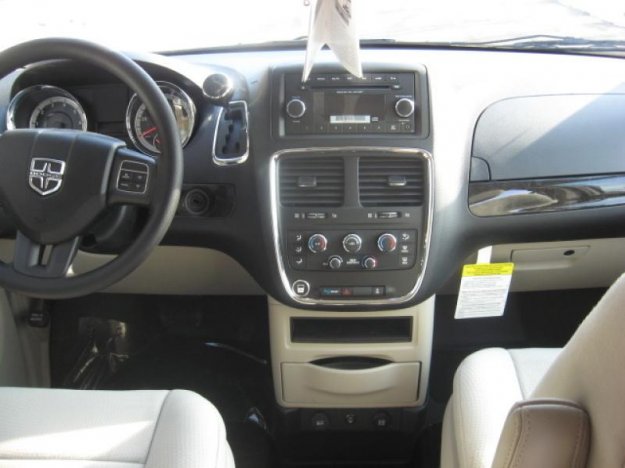Wheelchair Van Equipment: Adaptive Cruise Control (ACC)
Adaptive cruise control is able to use the rotation of the drive shaft to estimate the vehicle speed and adjust the throttle with solenoid assistance. It was first produced in mass with the 1958 Chrysler Imperial, and Teeter earned a place within the Automotive Hall of Fame. Still in developmental stages, adaptive cruise control currently lacks in popularity with wheelchair van equipment.
Most cruise control devices have evolved a great deal since those times. Instead of being a rare feature in a car, they are now almost expected to be included. It would be very difficult to find a car that doesn’t have cruise control featured as a standard piece of equipment. Drivers use these devices to help prevent foot cramps during long road trips or speeding tickets on highways.
Yet since its initial introduction, there have been two main problems with the standard cruise control device. The first issue is that it has to be turned on manually. Simply turning the key in your car ignition and starting the engine will not start your cruise control. Additionally, the device itself is not intelligent. It needs to depend on human intelligence and intervention to adjust for the road and traffic conditions that are ahead. However, it is possible that these problems can be improved.
Adaptive Cruise Control
Adaptive cruise control or ACC is currently being developed to help drivers and avoid the accidents that are caused when they are not paying attention or reacting to the road conditions. These advanced option systems are able to start when the ignition is turned so that it is not possible to forget to make use of them. There are two different varieties being constructed; a dynamic set speed type and an automatic braking type. Automatic braking will use a laser or radar to make the vehicle maintain a safe distance from vehicles in front of it. Dynamic set speed types will work in conjunction with GPS and a database of speed control signs.
Although adaptive cruise control systems are still in developmental stages, they provide practical advantages to disabled drivers with wheelchair vans and elderly drivers, aged 54 and beyond. Stress is a common reason for accidents in older drivers. The Automotive Association of America discovered that half of the respondents who used adaptive cruise control were relieved of the stress associated with driving. 38% of drivers believed that the use of adaptive cruise control also helped them to be a safer driver in comparison to using standard cruise control. Those who have slow reaction times or issues with mobility will be able to benefit greatly from the adaptive cruise control system’s ability to estimate and compensate for changes in road conditions.

















